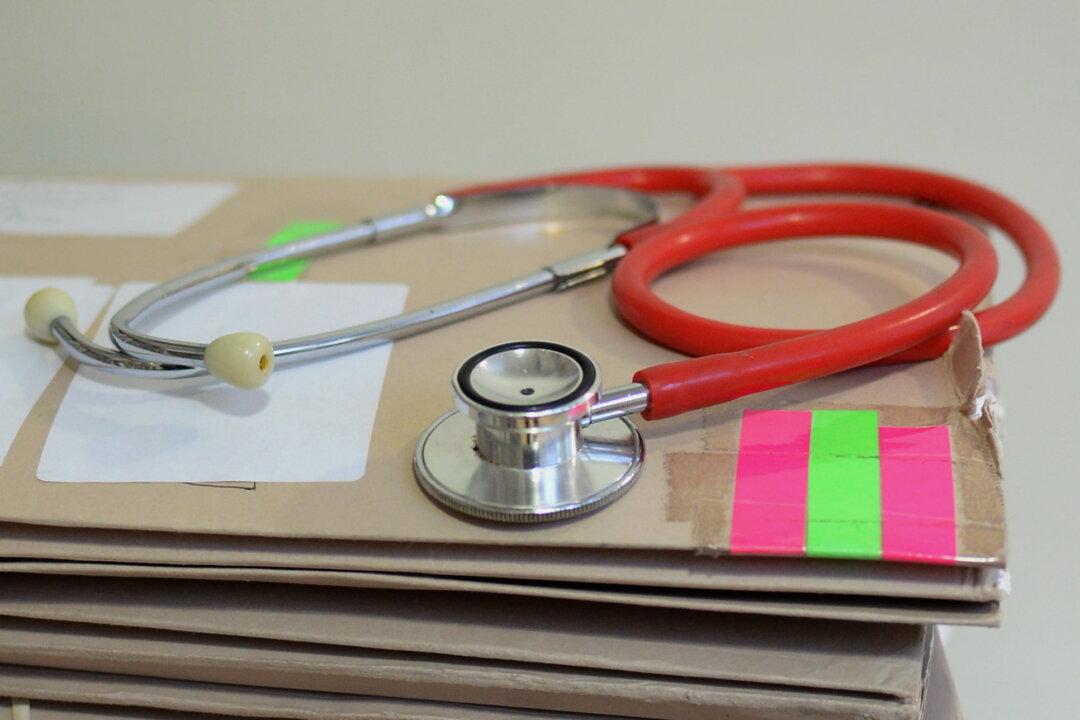General practitioners (GPs) in the UK are under tremendous pressure as they have to support a record number of patients who are stuck on the NHS waiting list for specialist care, MPs heard on Tuesday.
During an oral evidence session of Parliament’s Health and Social Care Committee, a GP said she has to support patients on the NHS waiting list, including one during a 63-week wait to see a gastroenterologist.





